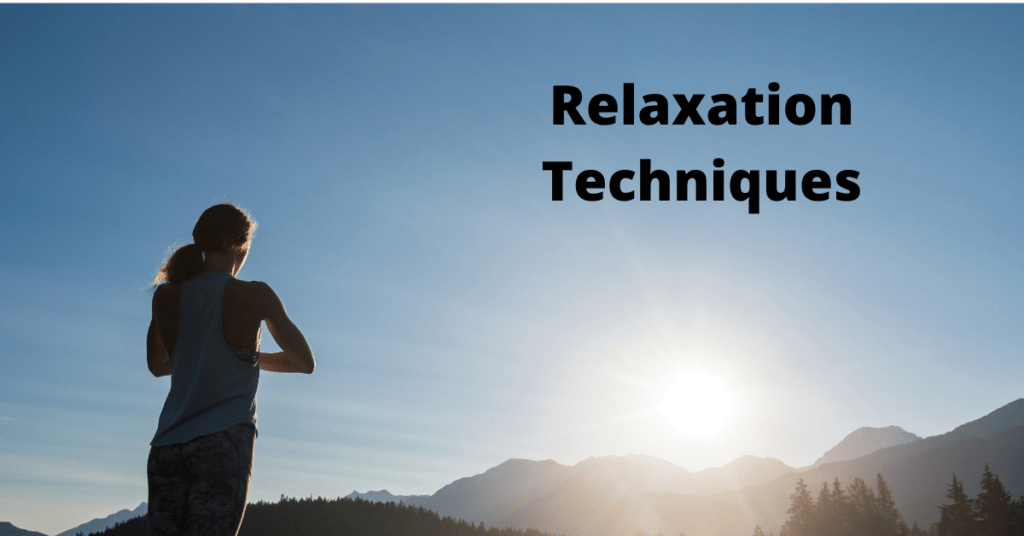Stress is a major problem in the modern world. It can cause many issues, from minor ones like stomach aches to more serious ones such as heart disease and high blood pressure. That’s why it’s so important to find ways to reduce stress levels no matter what your age or lifestyle. In this article, we will discuss relaxation techniques that have been proven scientifically to reduce stress levels without any side effects.
Contents
What Are Relaxation Techniques?
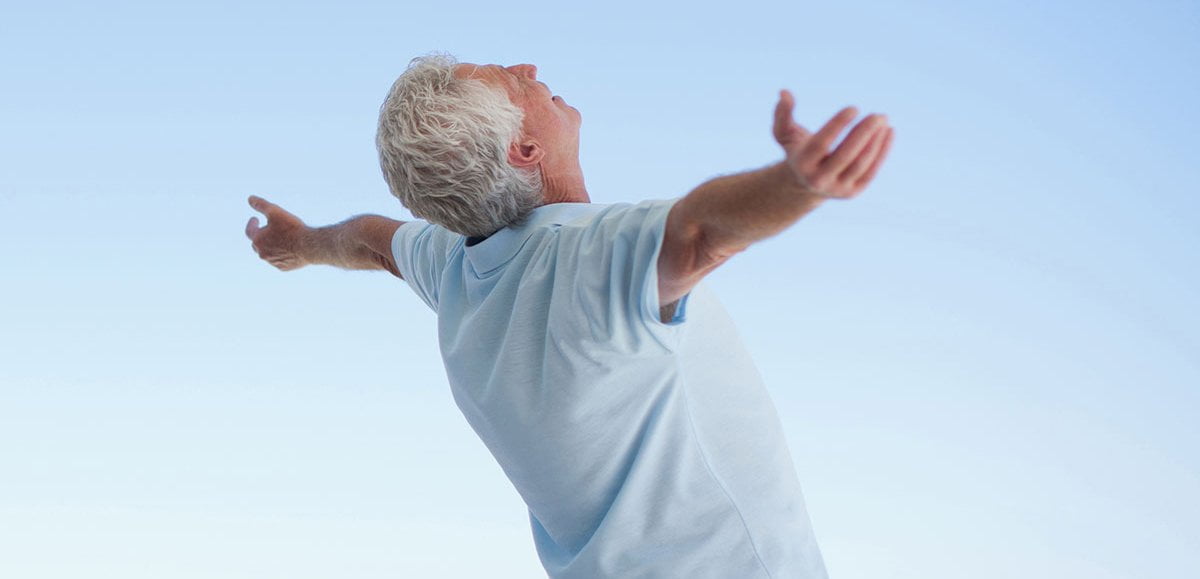 Relaxation techniques are methods that can be used to help you reduce stress and achieve a sense of calm. There are many different techniques, and you may need to experiment to find the ones that work best for you. A doctor may suggest these techniques to help you cope with specific health problems. Other times, people use relaxation techniques to reduce stress and improve their overall physical and mental well-being. Relaxation is a natural response that everyone has experienced at one time or another. Stressors such as exams, deadlines, driving in traffic, or pressure from your boss can cause anxiety. You may experience tension headaches, sleep problems, irritability, fatigue, muscular aches and pains; stomach distress; loss of interest in activities; difficulty concentrating; high blood pressure; depression; and thoughts about suicide.
Relaxation techniques are methods that can be used to help you reduce stress and achieve a sense of calm. There are many different techniques, and you may need to experiment to find the ones that work best for you. A doctor may suggest these techniques to help you cope with specific health problems. Other times, people use relaxation techniques to reduce stress and improve their overall physical and mental well-being. Relaxation is a natural response that everyone has experienced at one time or another. Stressors such as exams, deadlines, driving in traffic, or pressure from your boss can cause anxiety. You may experience tension headaches, sleep problems, irritability, fatigue, muscular aches and pains; stomach distress; loss of interest in activities; difficulty concentrating; high blood pressure; depression; and thoughts about suicide.
Different Types of Relaxation Techniques
There are many different types of relaxation techniques. Some work better than others for certain people. You may have to try a few before you find the ones that work best for you. Some of these are:
Meditation
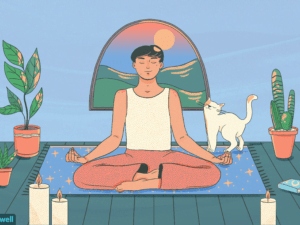 Meditation is a technique that involves focusing on one thing, such as your breath or a mantra. You may also focus on an object or imagine a place where you feel calm and peaceful. This practice can help you learn to control the thoughts that run through your mind and how you react to stressors. This technique can be done anywhere, and it does not require any special equipment. Meditation helps you stay in the present moment and notice when you are worrying about something that has not yet happened or rehashing a situation over and over again.
Meditation is a technique that involves focusing on one thing, such as your breath or a mantra. You may also focus on an object or imagine a place where you feel calm and peaceful. This practice can help you learn to control the thoughts that run through your mind and how you react to stressors. This technique can be done anywhere, and it does not require any special equipment. Meditation helps you stay in the present moment and notice when you are worrying about something that has not yet happened or rehashing a situation over and over again.
Meditation is very beneficial for many people, but there may be certain circumstances where it should be avoided.
Deep Breathing
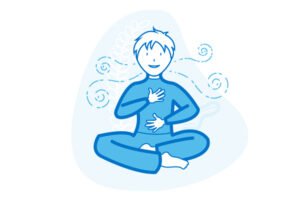 Deep breathing is a technique that helps you focus on your breath and brings more oxygen to your body. This can help calm the mind and relax the muscles. Deep breathing can be done anywhere, and it does not require any special equipment.
Deep breathing is a technique that helps you focus on your breath and brings more oxygen to your body. This can help calm the mind and relax the muscles. Deep breathing can be done anywhere, and it does not require any special equipment.
There are many different deep-breathing exercises, but one of the simplest is to inhale for five seconds, hold your breath for five seconds, and then exhale for five seconds. Repeat this cycle several times.
Progressive Muscle Relaxation
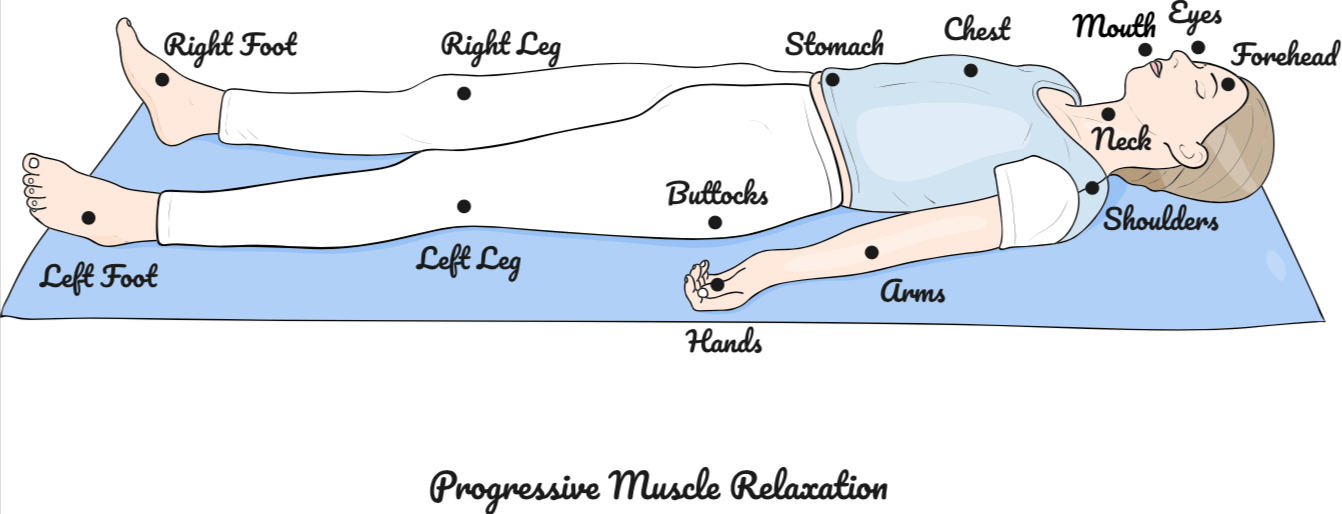
Progressive muscle relaxation is a technique that involves tensing and relaxing different muscle groups in your body. This can help you become aware of how your body feels when it is relaxed. You can do progressive muscle relaxation by yourself or with a partner.
To do progressive muscle relaxation by yourself, start by tensing a muscle for five seconds and then relaxing it for five seconds. Repeat this cycle until you have tense all of the major muscle groups in your body. Then, relax completely and feel the tension drain from your muscles.
You can also do progressive muscle relaxation with a partner. One person will tense a muscle group while the other person feels and relaxes the muscle. This technique can be used on any part of the body.
Guided Imagery
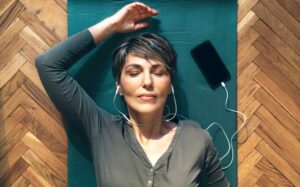 Guided imagery is a technique that involves listening to someone talk you through a peaceful scene or situation. During guided imagery, you should focus on what the speaker is saying and imagine yourself in the scene. This technique can help you forget about your problems and focus on the present moment.
Guided imagery is a technique that involves listening to someone talk you through a peaceful scene or situation. During guided imagery, you should focus on what the speaker is saying and imagine yourself in the scene. This technique can help you forget about your problems and focus on the present moment.
Guided imagery can be done with or without visualization. Some people find it helpful to see the scene in their mind, while others do not. It is important to choose a guided imagery recording that you enjoy listening to.
Yoga and Tai Chi
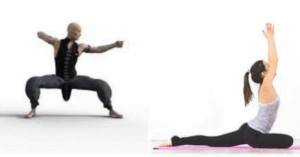 Yoga and tai chi are both forms of exercise that combine breathing and relaxation techniques with movement. These exercises can help improve flexibility, strength, and balance. They can also help reduce stress and anxiety.
Yoga and tai chi are both forms of exercise that combine breathing and relaxation techniques with movement. These exercises can help improve flexibility, strength, and balance. They can also help reduce stress and anxiety.
Both yoga and tai chi are low-impact exercises, so they are ideal for people who are unable to participate in more strenuous activities. However, you should speak with your doctor before starting either of these programs if you have any health concerns.
Music And Sound Therapy
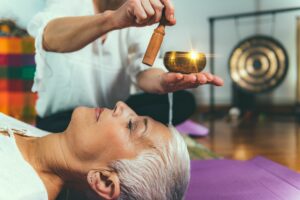 Listening to calming music or sounds can help reduce stress and anxiety. This type of therapy is known as sound therapy. There are many different types of music and sounds that can be used for this purpose, so it is important to find something that you enjoy.
Listening to calming music or sounds can help reduce stress and anxiety. This type of therapy is known as sound therapy. There are many different types of music and sounds that can be used for this purpose, so it is important to find something that you enjoy.
There are several ways to use sound therapy:
- You can listen to calm music or nature sounds while you relax or fall asleep.
- You can use noise machines to listen to calming sounds when you are feeling stressed or anxious.
- Can download meditation apps that offer guided relaxation sessions with peaceful music and sounds.
- It is important to find a type of sound therapy that works best for you and to perform it regularly.
Visualization
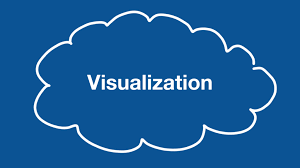
This technique involves seeing a scene in your mind and imagining yourself in the image. Visualization can be used to help you relax or motivate you before an event.
Before visualization, it is helpful to focus on a relaxing memory that will serve as the backdrop for your visualizations. It may also be helpful to practice relaxation techniques such as deep breathing while using visualization so that you enter into this state of calmness more easily. This technique only requires time and effort, so give it some thought and find something that works best for you.
Self-Massage
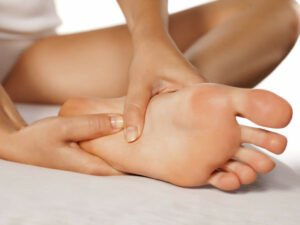 Massaging your own body can help you relax and reduce stress. There are many different ways to massage yourself, so it is important to find one that works best for you.
Massaging your own body can help you relax and reduce stress. There are many different ways to massage yourself, so it is important to find one that works best for you.
One common self-massage technique is called Swedish massage. This involves using long strokes on the surface of the skin to reduce tension. You can also use pressure and circular motions to target specific areas.
Another common self-massage technique is known as Shiatsu massage. This involves applying pressure with your fingers or hands to certain points on the body.
It is important to experiment with different techniques until you find one that feels good for you. Massage regularly for maximum benefit.
Tips For Practising Relaxation Techniques
There are many tips for practicing relaxation techniques. Here are a few of the most important ones:
Make Time For Yourself
You should make time each day to practice relaxation techniques. This may be difficult at first, but it is important to find a way to fit them into your schedule.
Choose Techniques That Work Best For You
Not all relaxation techniques will work for everyone. It is important to find the ones that are most effective for you and to stick with them.
Practice Regularly
It is best to practice these techniques regularly for maximum benefit. Try to do them at least once a day.
Avoid Watching Television
Television and computer screens emit blue light, which can interfere with your ability to fall asleep. Avoid using these devices in the hours before bedtime if you want to relax and get good sleep.
Be Consistent
It can take time to see results from relaxation techniques. Be patient and consistent in your practice, and you will eventually notice a difference.
Benefits of Relaxation Techniques
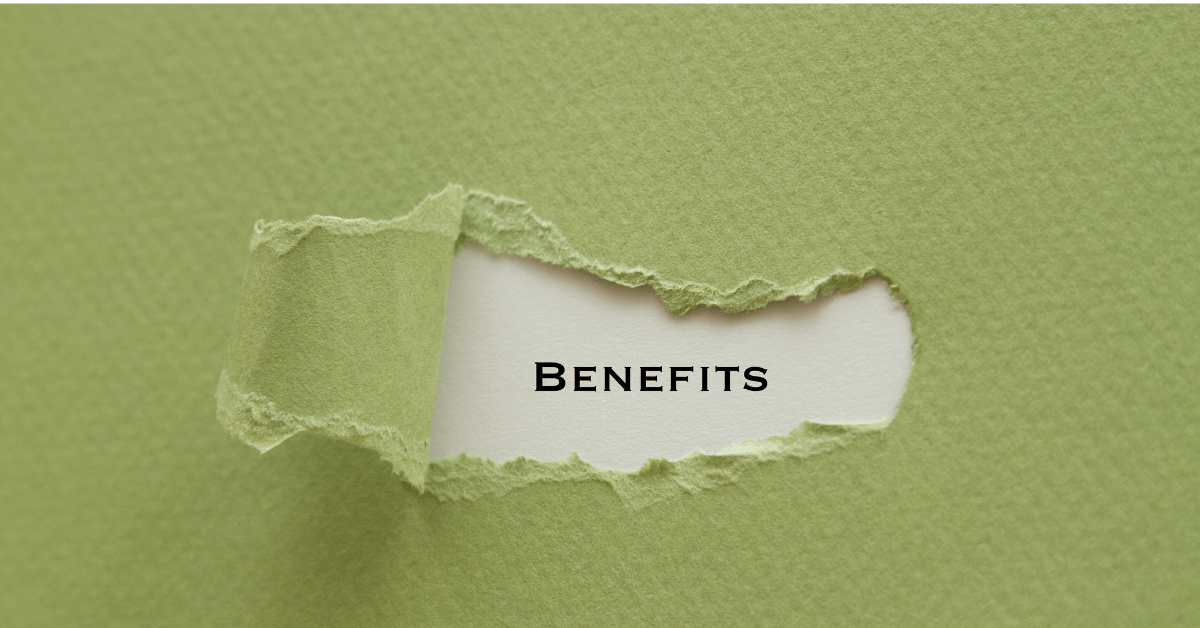
There are many benefits to using relaxation techniques. Here are a few of the most important ones:
Manages Stress Levels
Relaxation techniques can help you manage your stress levels. This is important because uncontrolled stress can lead to many health problems. These techniques can help you relax and manage your stress.
Reduces Anxiety and Depression
Relaxation techniques can also help reduce anxiety and depression, which is important because these conditions can affect everything from emotional health to physical well-being. If you suffer from either of these issues, relaxation techniques may be able to provide relief as part of a comprehensive treatment program.
Improves Overall Health
Relaxation techniques can improve overall health by allowing the body time each day to recharge itself physically and mentally. This will allow it to function more effectively during everyday activities such as work or recreation.
Helps You Sleep Better
It has been known for many years that sleep plays an essential role in good health, so relaxing before bedtime with deep breathing or another technique can help you get the sleep you need. This will leave you feeling refreshed and ready to take on the day.
Prevents Burnout
If you are frequently stressed, relaxation techniques can help prevent burnout. When you take time for yourself to relax, you are rejuvenating your body and mind so that you can continue working effectively.
Helps To Cope With Illness
Relaxation techniques can also be helpful when you are recovering from an illness. They help the body heal by giving it time to recuperate and restore itself so that it can function at its best after treatment is complete.
Prevents Future Health Problems
If you learn to manage your stress levels with relaxation techniques, you may be less likely to experience health problems in the future. This is because uncontrolled stress can lead to a wide range of physical and mental health issues. By using these techniques regularly, you can help keep your body and mind healthy and functioning at their best.
Conclusion
Relaxation techniques are a great way to reduce stress and anxiety. They can improve our sense of well-being, strength, balance, and ility. There are many different types of relaxation techniques, so it is important to find ones that work best for you. It is also important to be consistent with your practice. Relaxation techniques require time and effort, but they are worth the benefits they provide. Give them a try today.
The key is finding the one that works best for you, so don’t be afraid to experiment with different approaches until you find what feels right. When it comes time for bedtime, we recommend using either meditation or yoga as they both promote good sleep habits and lower levels of cortisol in the body. You may also want to consider talking with a therapist if these methods do not work well enough on their own after about six months of use.
For more information, please contact MantraCare. Stress can have both physical and mental effects on the body, leading to negative consequences such as anxiety, depression, and even physical illnesses. If you have any queries regarding Online Stress Counseling experienced therapists at MantraCare can help: Book a trial Stress therapy session
